Honda UK has opted to remove its volume-driven targets as part of a strategic network restructure which could result in a 35.5% reduction in its UK dealer representation by 2022.
It recently implemented a plan to reduce the number of its franchised sites by 10%. Now its head of car, Phil Webb, and head of network development, Rebecca Stead, have told AM that a new plan to deliver “sustainable profitability” for franchisees could see the number of dealerships slimmed further – from 155 to as few as 100 “in the next two to three years”.
Following discussions at an investors meeting on February 14 dealers were asked to set their own volume targets in what Webb described as “a brave move by Honda UK”.
Summarising the plan, Stead said: “We will be reducing the network to around about 100-to-125 with 200 retail sales, minimum, per dealer and an average return on sales of 2% by mapping the locations based on a 40-minute drive time.
“The changes will be handled respectfully and in full discussion with franchised partners in the same way as the previous reduction.”
She added: “This is about doing the right thing at the right time. No one knows what the future landscape looks like and what we didn’t want to do, and won’t do, is a mass cull.”
Volume pull
Honda removed volume targets by presenting the brand’s historic sales data to retailers, who were then asked “what volumes do you need to trade in to make your business work?”
A business plan was then put in place which will charge Honda’s 38-strong field support team with helping retailers to meet their targets, as well as driving customer experience and retention KPIs, with bonus payments paid within 20% of the agreed volumes.
Stead said the 20% buffer would “remove any distress” and reinforce the fact that the brand is no longer pushing for volume.
She said that the new contract terms have resulted in pull from retailers, in many cases, rather than a push from the manufacturer.
“The network need the volume as much as we do,” said Stead.
“Our margins aren’t high – that’s not our business model. Dealer profitability is not a function of manufacturer new car bonus payments, but a function of the whole business – new, used and aftersales. A dealers profitability is within their control, not the manufacturer.”
Honda’s 2018 registrations of 52,570 were 2.47% down on 2018’s 53,901 and Webb said the brand – 15.27% down at 21,225 (2018: 25,051) to the end of May – expected to end 2019 with around 45,000 sales.
He insisted the brand would be able to meet its retailers’ volume demands, saying: “We will absolutely supply the volume of vehicles that dealers require. We’ve been very clear about the amount of vehicles that we can get. But a profitable order bank isn’t a bad thing. Traditionally it’s not something we’ve had, but that is changing.”
Pragmatic views
Honda has already begun the latest phase of its network slimming.
Recent closures include Vertu’s franchise in Retford and Swansway’s Rochdale dealership.
The retailers involved have been left with other Honda franchises and Swansway director Peter Smyth was quick to distance the brand’s actions from those of PSA Group-owned Vauxhall last year, which began with the termination of all dealer contracts.
Swansway, which closed its Rochdale Honda franchise at the start of June, now has representation in North Manchester (Bolton) and South Manchester (Stockport), and Smyth said: “Honda has stepped back and taken a pragmatic view of the market and the profitability of its retailers.
“It’s a brave step and, really, it’s commendable that they are doing things the way they are. They aren’t being dictatorial and they haven’t simply said ‘right, we’re going to tear up our dealer contracts and start again’ as they could have done.”
Philip Wade, franchise and development director at Stoneacre Motor Group, which has Honda franchises in Chesterfield, Rotherham and Sheffield, said he sees potential growth in the group’s representation of the brand, in spite of its plans. He said: “We only have three sites, but we’re working to get more opportunities. What Honda is looking to do is to have fewer partners who have more sites. For me, it’s the right strategy.”
Stead insisted that Honda’s 10-to-15 solus operators were not disproportionately vulnerable as the network restructure is implemented.
“The very reason they are still part of the network is that they are strong businesses,” she said. “What we will not do is remove a business that is doing very well in the right location.”
Leaner networks
Stead said that research had determined that more than 80% of customers bought their car within a 35-to-40 minute drive time, with an aftersales visit drive time of 32 minutes often determined by workplace location or shopping habits.
Honda’s mapping was aligned to that of other manufacturers with a market share of around 2%, she claimed, and reflected many manufacturer’s plans to reduce scale.
When AM exclusively revealed Vauxhall’s plan to slim its network by around a third, in March last year, it had 324 franchised sites. Since then, its retail network has reduced to 278.
Ford’s retail locations have fallen from 460 last year to 446 in 2019 while David Peel, brand director at PSA Group-owned Peugeot UK, has overseen the reduction of his brand’s network from 211 sites to 183 between 2017 and 2019.
Honda’s own retail network had already been reduced from 174 in 2014 to its current 155.
Stead said franchisees in Honda’s smaller network would now be open to consider dual-brand sales locations, “with the right premium partner”, adding that proposals would be considered on a case-by- case basis.
There will also be a move to encourage more car retailers to take on a Honda motorcycles franchise, which currently averages 5% RoS. Only four retailers currently operate both elements of the business.
“Everyone knows there is now a drive to sweat the asset,” said Stead. “You need to get a return from your physical retail space.”
As part of Honda’s plan to drive profitability it has reduced retailers’ demonstrator volumes by 50% over two years by introducing a hub-and-spoke test drive access model.
It is also targeting 70% PCP penetration – from its current 60% – and better use of its customer data to drive prospecting via Honda Finance to boost customer retention.
Meanwhile, a new Platinum Programme will encourage retailers to forge closer ties with SMEs
to improve fleet sales. Webb assumed responsibility for fleet sales, however, following the resignation of fleet sales operations manager Marc Samuel earlier this month.
Honda’s Electric Vision
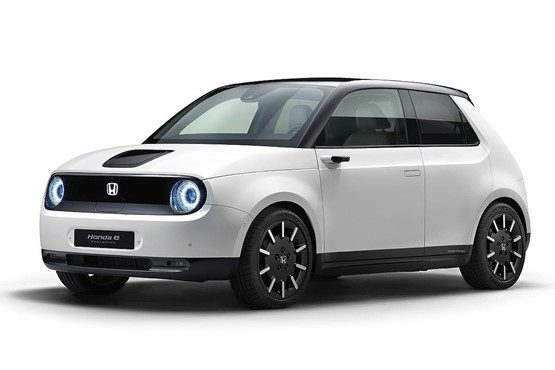 Honda retailers’ concerns about “sweating the asset” are not confined to the brand’s diminishing UK registrations – they also fear for their aftersales takings amid the brand’s move into electrification.
Honda retailers’ concerns about “sweating the asset” are not confined to the brand’s diminishing UK registrations – they also fear for their aftersales takings amid the brand’s move into electrification.
At Geneva Motor Show 2018 Honda announced that two-thirds of its vehicles would be in some way electrified within seven years as part of its Electric Vision 2025. Now that figure has been adjusted to 100%.
Webb said the strategy would deliver the range that many retailers craved for their customers.
He added: “By 2025 our retailers will have gone from having four cars in the showrooms to having seven new product lines to sell.”
Honda has recently introduced its new CR-V hybrid and the new Jazz hybrid’s April arrival will be followed by a new Civic and HR-V.
Deliveries of the brand’s first full EV, the Honda E, will start in Q1 2020.
Honda E sales will be completed wholly online and Stead said that 8,500 early expressions of interest suggested that it would provide incremental sales growth, with 75% of customers new to the brand.
Honda’s UK commitment
Honda is determined to reassure its commitment to ongoing car retail in the UK amid news of the closure of its Swindon factory by 2022 and franchised dealership closures.
In a bid to address potentially negative headlines, the president of Honda Motor Europe, Katsushi Inoue, attended the May 16 Honda dealer conference in London to reassure retailers about their continued place in the brand’s future.
Phil Webb said: “Some of our investors had expressed concerns about where Honda now stood following the announcement of the Swindon factory closure and having Inoue actually come and reassure our retailers at the conference was a huge coup.
“His message was clear: Honda is very much committed to sales and aftersales in Europe.
“The UK accounts for around 37% of that market, so our importance cannot be overstated.”
Webb claimed that relations with Honda’s franchisees had “never been better” and insisted that their response to open and honest discussions about changes to the network had reassured him that the brand’s new direction was the right one.

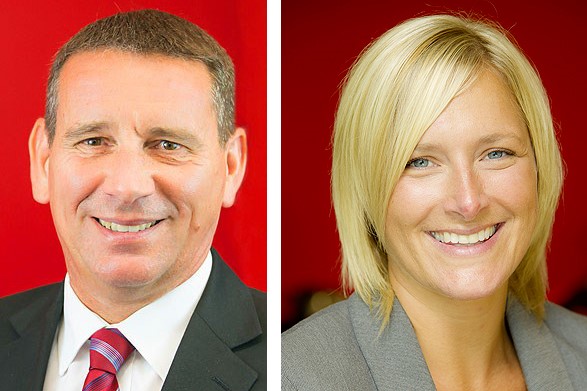

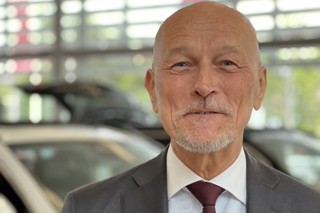
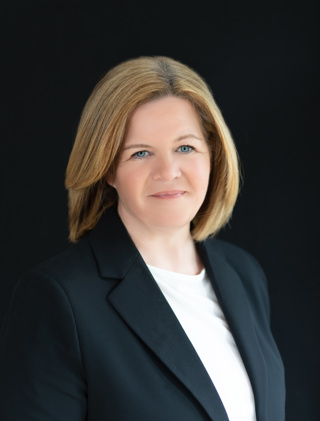
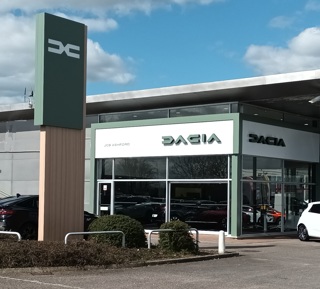
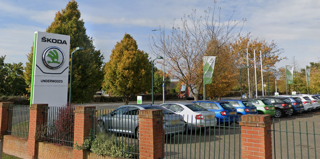












Login to comment
Comments
No comments have been made yet.